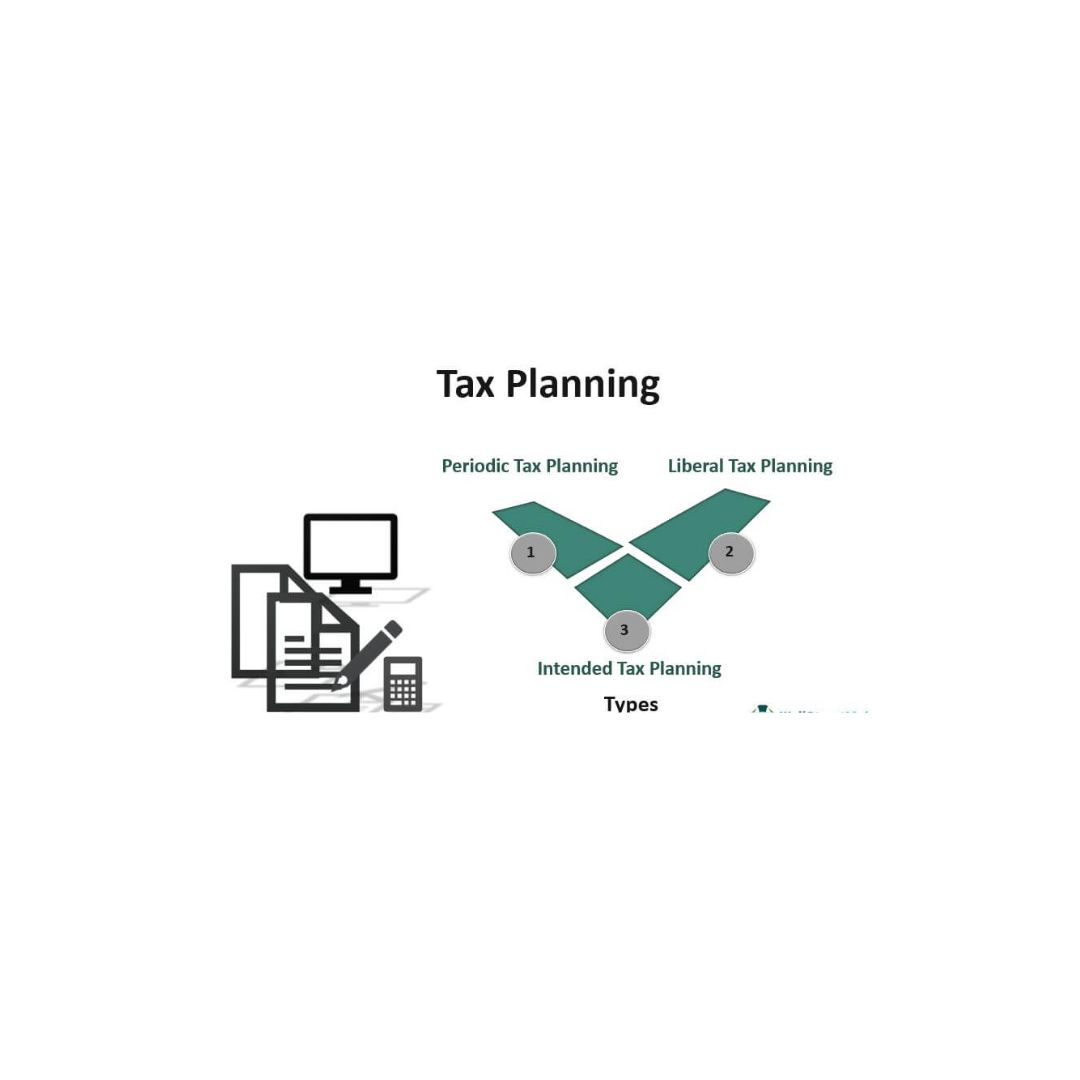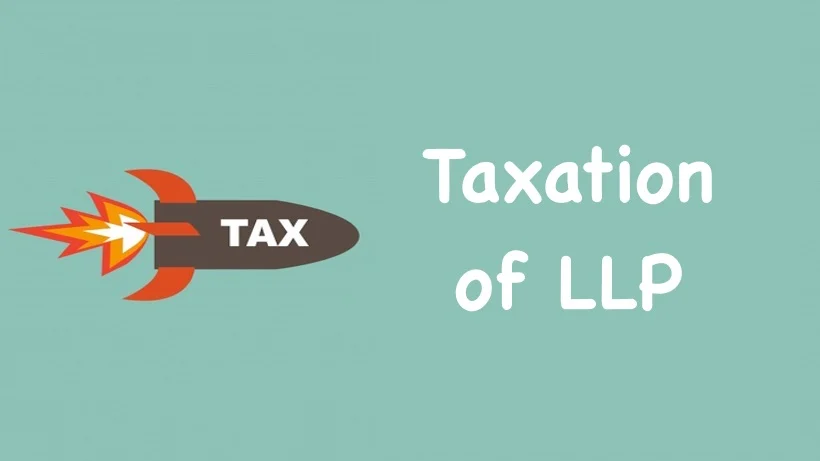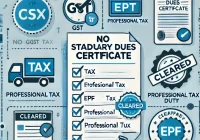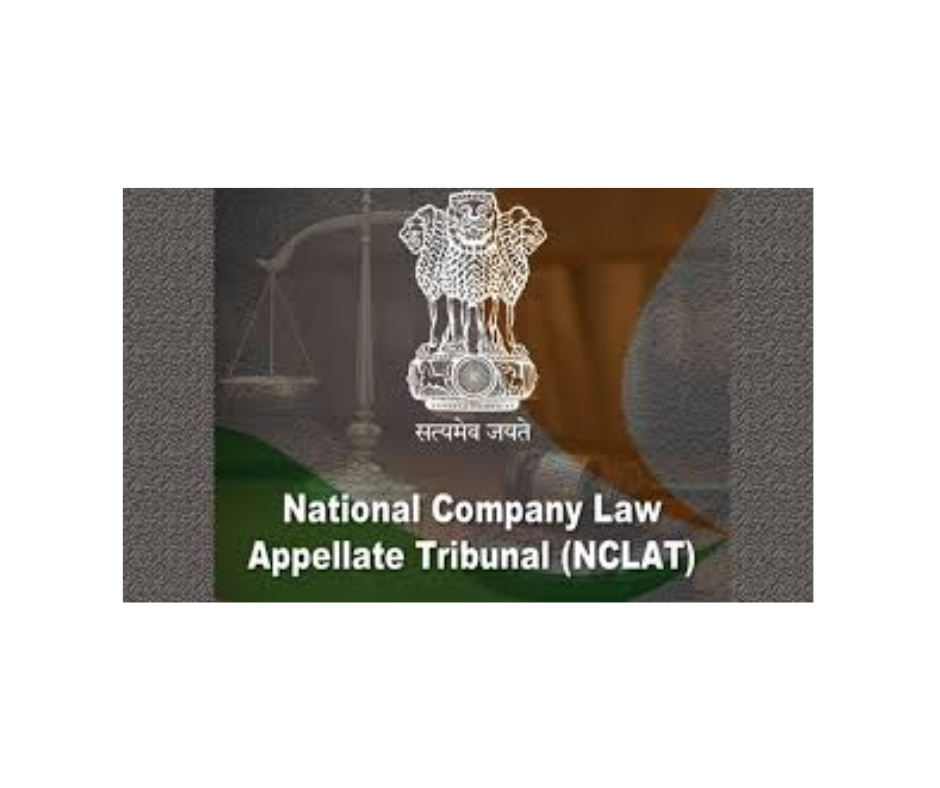Tax planning with respect to amalgamation and mergers?
Amalgamation and Mergers “Tax Optimization in Amalgamation and Mergers”: Tax planning, with respect to amalgamations and mergers, involves the strategic consideration of tax implications during the transaction and the implementation of tax-efficient strategies to enhance the overall financial outcome. Here’s a unique perspective on tax planning in the context of amalgamations and mergers: Amalgamation… Read More »









